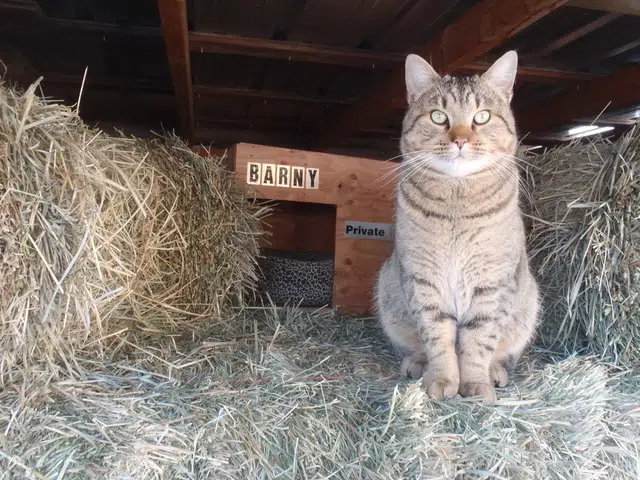
Giving animals the benefit of the precautionary principle
KAMLOOPS — One snowy evening two winters ago, I happened to look out a window towards our hay shed, a couple of hundred steps from the house.
A motion-sensor light on the shed suddenly came on as a feral cat who’d been living there emerged from the hay bales and began playing with snowflakes, leaping high into the air and swatting at them, repeating the process over and over.
My heart went out to him at that moment, for here was a creature, living alone, with only himself for sustenance and company, finding genuine pleasure in a game of his own creation.
The incident came to mind the other day when I saw the news item about Switzerland’s ban on boiling lobsters alive. We’ve long comforted ourselves by insisting lobsters feel nothing, that the “screams” they emit in the pot are nothing more than escaping air, and that we are not the cause of suffering.


